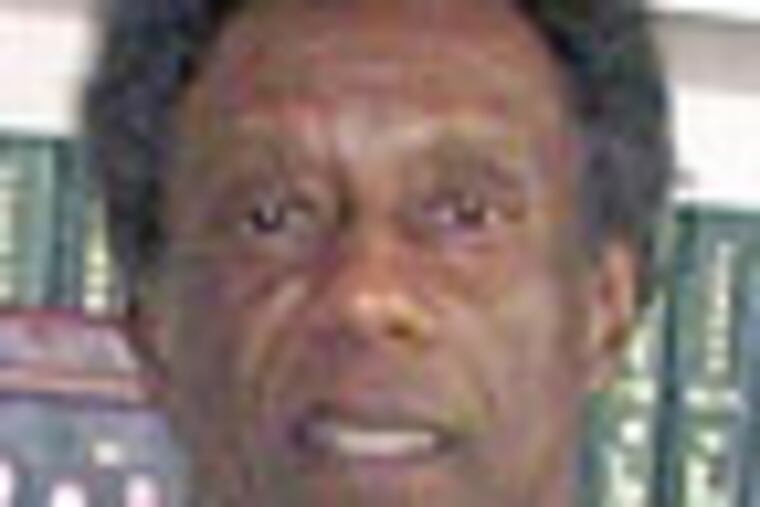A Philadelphia judge's defense: 'Stupidity'
HARRISBURG - Philadelphia Common Pleas Court Judge Willis W. Berry demonstrated "stupidity" by running a real estate business out of his chambers, but it did not rise to the level that the state should strip him of his robe, his attorney argued yesterday.

HARRISBURG - Philadelphia Common Pleas Court Judge Willis W. Berry demonstrated "stupidity" by running a real estate business out of his chambers, but it did not rise to the level that the state should strip him of his robe, his attorney argued yesterday.
"This is something I put in the area of stupidity," lawyer Samuel C. Stretton told eight judges on the state Court of Judicial Discipline who will soon decide whether Berry will remain on the bench. "I don't see this as the kind of intentional misconduct."
At issue at the hearing was whether Berry's actions brought the office into "disrepute" - a violation Stretton equated to the "death penalty" for judges, since it could lead to dismissal and loss of a pension.
The state Judicial Conduct Board accused Berry of disrepute in January after an investigation by The Inquirer found that for more than a decade he had run a real estate business out of his judicial office and used his taxpayer-paid secretary to assist him with that work.
As Berry was waging an unsuccessful bid for the state Supreme Court in 2007, the newspaper reported that he used his official court address and phone at the Criminal Justice Center to advertise apartment vacancies and had his secretary collect rent, handle correspondence with tenants, and attend hearings in landlord-tenant court during the workday.
Berry, who moonlights as a landlord, owns a host of run-down rental properties that have repeatedly been cited for violations of city codes. Tenants and neighbors have complained of deplorable conditions, including rodent infestation, faulty wiring, and weed-choked lots.
From 1995 to August 2007, the city Department of Licenses and Inspections issued Berry more than 70 citations for safety and code violations at his properties. In one case, the city seized a four-story building on the 1400 block of Poplar Street after finding it was "imminently dangerous."
In its complaint, the Judicial Conduct Board said Berry's repeated violations of building and safety codes alone were "so extreme as to bring the judicial office into disrepute."
The use of his judicial office for personal business was similarly inappropriate, the board said, and that, too, brought disrepute to the judiciary.
"How does it look when a man elected to enforce the law cannot himself abide by the law?" asked Daniel T. Reimer, the board's assistant counsel, who argued the matter yesterday. "What kind of message does that send?"
Berry did not testify yesterday and declined to comment after the hearing.
He made a hobby out of buying homes and rehabbing them, doing much of the work himself, said Stretton, who added that his client had resolved all but three of the citations against the properties.
At no point, Stretton told the judges, has anyone suggested that the real estate business interfered with Berry's judicial duties.
"He is a hardworking judge," he said.
In legal papers, Stretton acknowledged that Berry's actions violated judicial canons but argued that his behavior did not constitute disrepute.
If the court rules against Berry, it will hold a separate proceeding to determine what, if any, sanctions to impose. They could range from censure to dismissal.
The Judicial Conduct Board acts as the prosecutorial arm of the state court system to investigate complaints against judges. The Court of Judicial Discipline rules on cases brought by the board.
The court did not immediately rule on the Berry case, and it was unclear when it would.
Questions asked at the hearing suggested that judges might be mixed on the matter.
Judge John Morris asked Reimer whether he believed the case approached the level of "disrepute" brought recently by two judges involved in a juvenile detention center kickback scheme in Luzerne County.
Judge John Robinson wondered aloud whether, as a result of Berry's actions, the public believes other Philadelphia judges are using their chambers in a similar way.